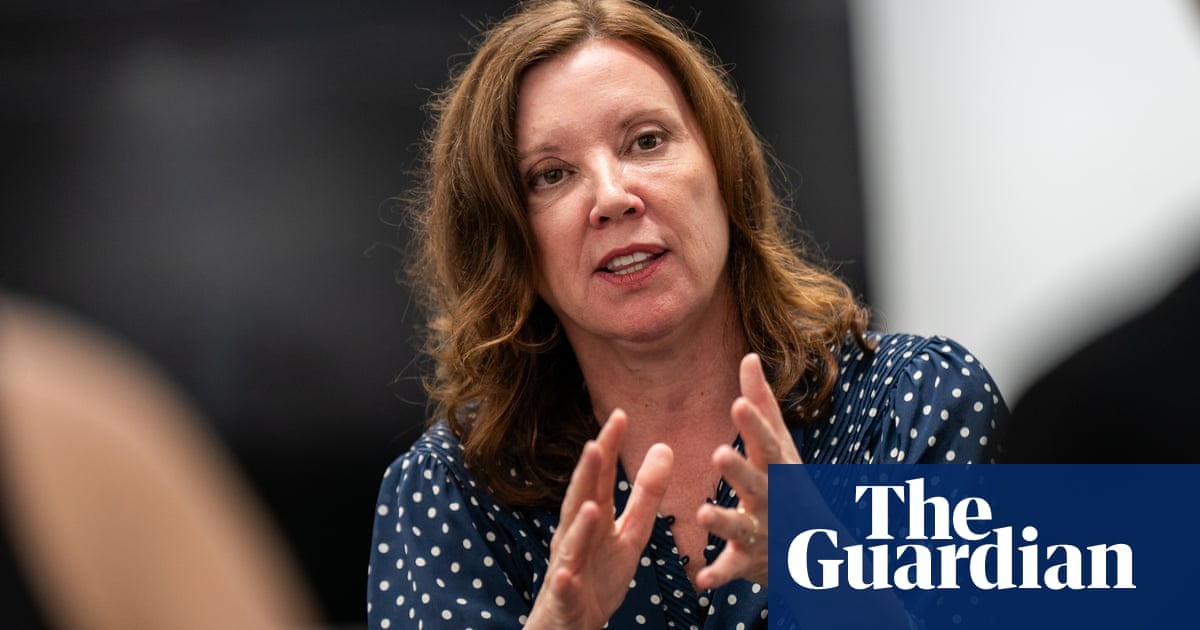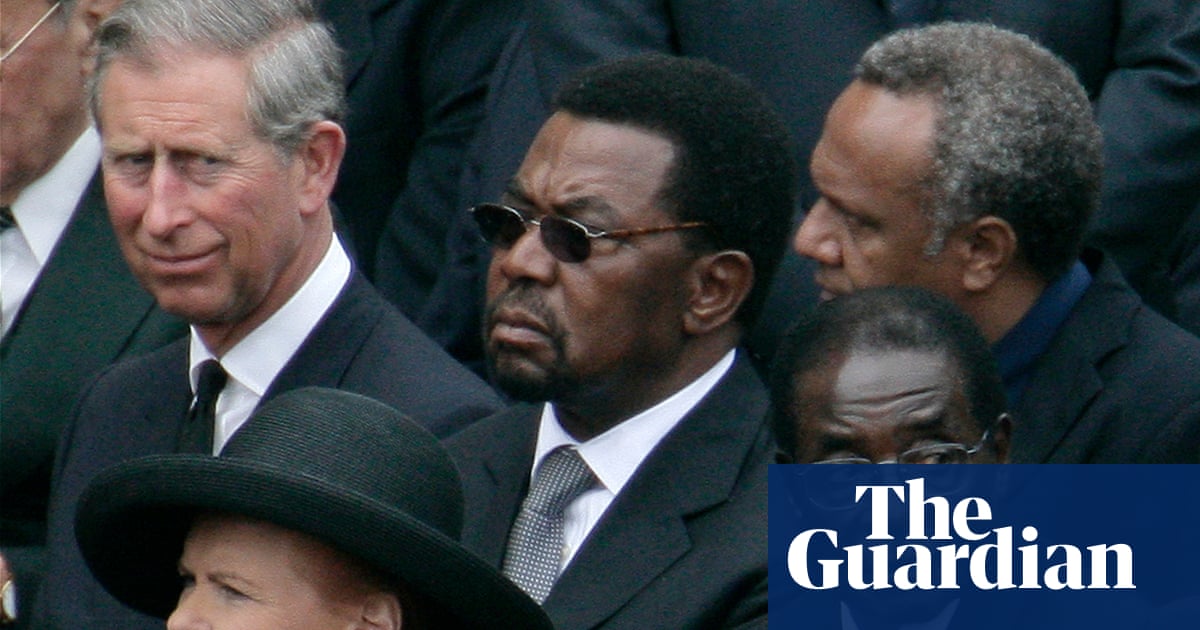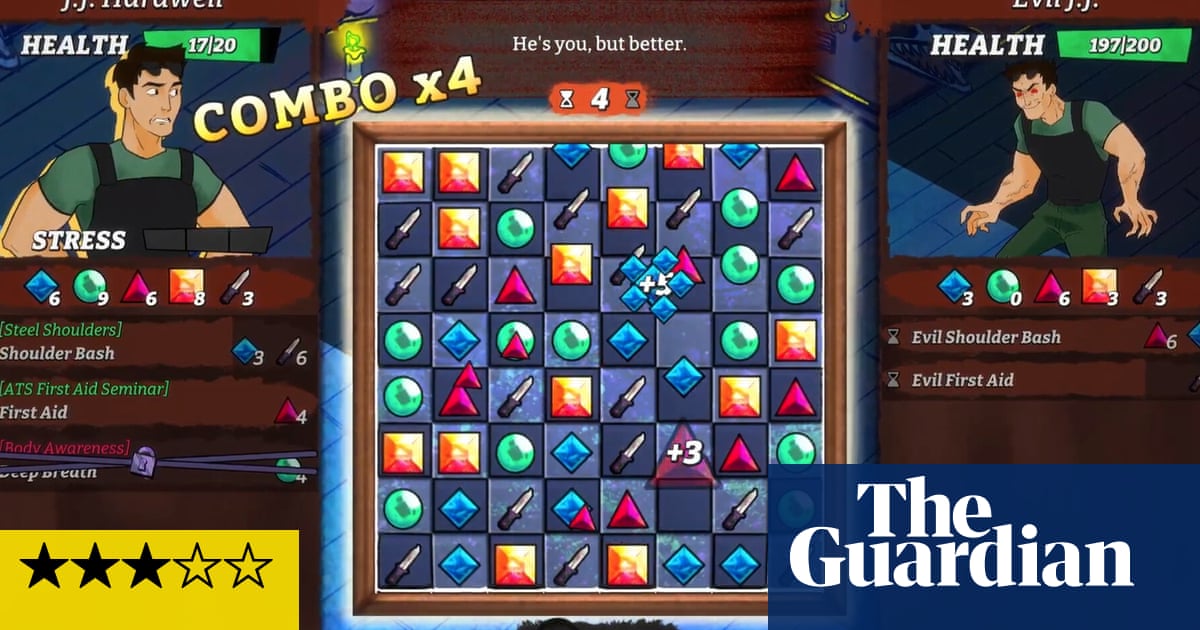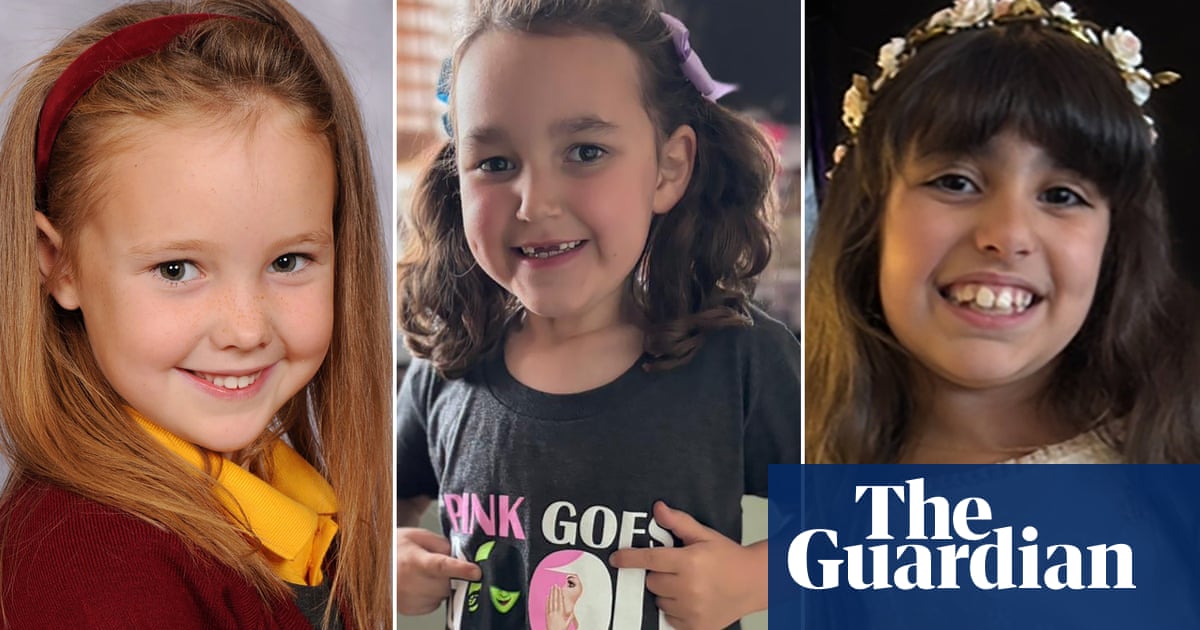A few days after Christmas 1994, aged 10, I arrived in London as a refugee from Somalia. At Heathrow airport, I stood staring in awe at the escalators. I had heard about these “walking machines” from an elderly Somali woman in Addis Ababa who sat on a corner selling sweets, biscuits and cold Fanta in glass bottles. She had painted a picture of London, a city she had never been to, as a place of wonders.
“You won’t need to use your legs to walk there – they have machines that move for you,” she said. My eyes bulged with excitement. I had never seen such machines on the streets of Addis Ababa. In my area, Bole Mikael, there were no pavements, just puddles of dirty water.
In the mid-1990s, my family was in this corner of the Ethiopian capital, along with thousands of other, mostly Somali, refugees who were there waiting for their documents, awaiting new lives in Europe or North America.
I finally departed for London with my family, on my first ever journey by plane. When I landed at Heathrow a day later, feeling weary and exhausted, I was disheartened to see only a few “walking machines” – perhaps I would have to use my legs occasionally after all.
My aunt and uncle, who were already living in London, met us at the airport. On the train to their council flat, my aunt handed me my first taste of Britain: a packet of salt and vinegar crisps. I ate a handful and was quickly overwhelmed by the sharp, sour, tangy flavour, spitting out the half-munched crisps on the floor, much to the horror of my fellow passengers. It took me until my late 20s to try salt and vinegar crisps again, but I did find salvation in the form of custard cream biscuits and yum yum doughnuts. I also discovered salad cream, but not knowing it was meant to be used sparingly, I slathered it over everything, from white bread to goat meat to spaghetti. In Britain, I transformed from a stick-thin, sickly child into a portly, curious one.

As I took those first steps on British soil, I came to realise that I would need my legs in more ways than I could have imagined. I used them to explore my hectic new city, venturing into an entirely foreign culture. I could not speak English beyond “hello”, “yes”, and “thank you”, and I realised I was not at all prepared for the life that awaited me.
Living in London was different, but not necessarily easier; I had a lot to learn. Everyone always seemed to be in a hurry and people kept to themselves, making the city feel achingly lonely. At the shops or at bus stops, people queued in silence – a marked contrast to the noise of Addis Ababa. My new city was vast and complex, as well as cold and grey. Soon after I arrived, it snowed: I ran out on to the street and felt the sensation of snowflakes on my hands for the first time.
I spent weeks living in a rundown Victorian hotel for refugees in Camden, in the north of the capital, looking out from a small attic window to the fast and furious streets below. I was mesmerised. I didn’t start school until later, so I spent my days watching television, often sitting so close to the screen that my nose was touching it. I had never seen a TV like this – the colour, size and clarity was almost magical. In Addis Ababa, TVs were grainy, often black and white, and watched in small communal shacks with lots of people gathered around the set as if it were a campfire. I never got to choose what to watch – it was usually football or action films, and I hated both. In London, I would fight for the remote and on the occasions that I won, I watched pop music videos. One video seemed to play constantly: Stay Another Day by East 17, that year’s Christmas No 1, which planted itself in my heart for ever.
Slowly, I began to explore London and adjust my expectations. I embraced the quieter, more ordered aspects of life here. I learned to be more independent, and to trust in myself to navigate a city that felt overwhelming. Plunged into a new life on a council estate, I had to leave behind childhood naivety. Looking back 30 years later, I realise that my move to the UK was not about finding magical “walking machines” to move me forward in life, but about being able to walk on my own two feet, one step at a time.
Look Again: Strangers by Ismail Einashe is published by Tate (£10). To support the Guardian and Observer, order your copy from guardianbookshop.com. Delivery charges may apply

.png) 2 months ago
53
2 months ago
53













































